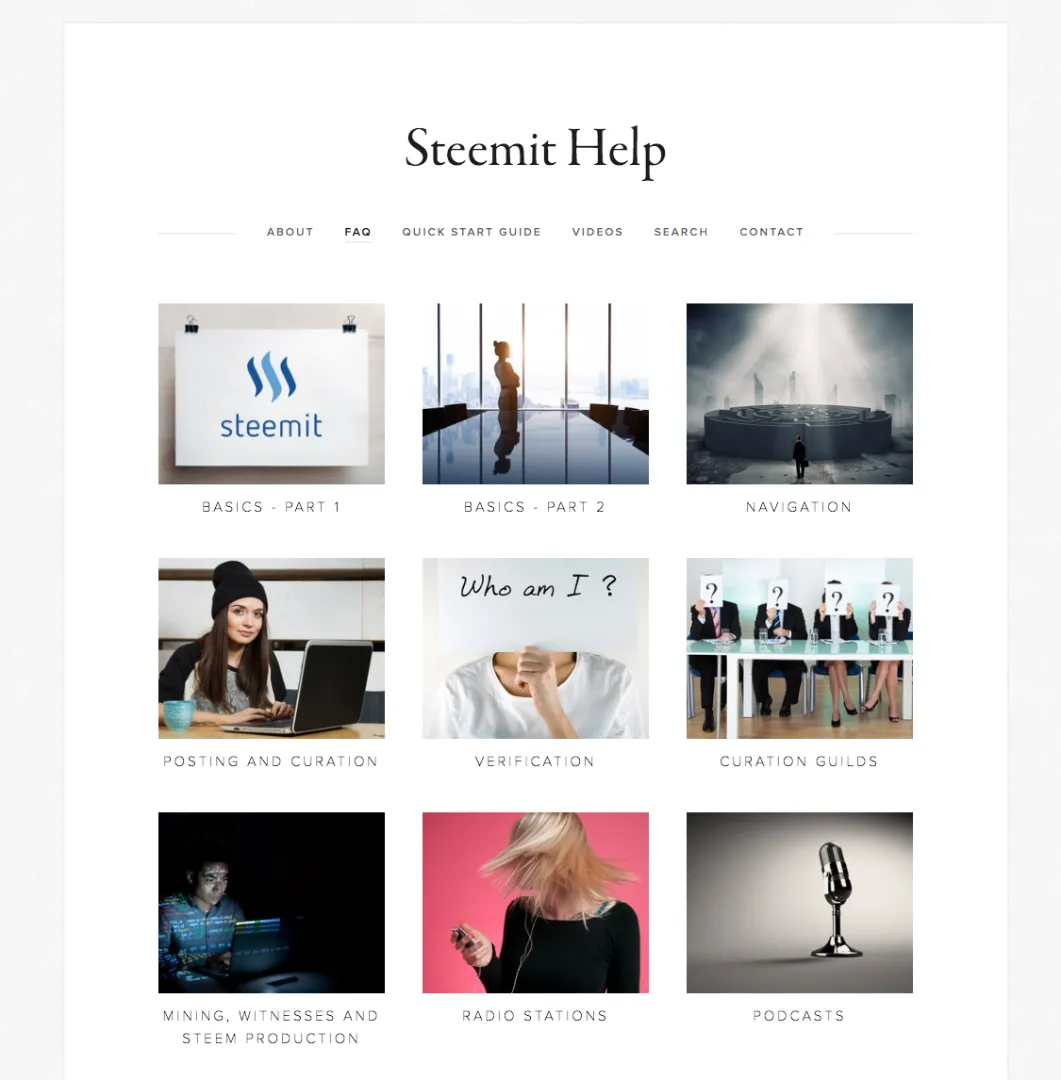
Introduction
As I have discussed before I have an interest in anti-ageing technologies and I will be creating more posts to cover this field.

As we move further into the 21st century we are dealing with an increasingly ageing demographic, particularly within developed countries.
Many of the diseases that will take an increasing toll are intimately tied to the processes of ageing and I don't believe it is possible to investigate them adequately in isolation from each other.
This is going to put an increasing amount of stress on our governmental, social and health care structures.
If we take the example of dementias alone the statistics are startling. The following excerpt is taken from a summary of a 2015 global report on dementia:
Between 2015 and 2050, the number of older people living in high income countries is forecast to increase by 56%, compared with 138% in upper middle income countries, 185% in lower middle income countries, and by 239% low income countries. Rising life expectancy is contributing to rapid increases in numbers, and is associated with increased prevalence of chronic diseases like dementia.

We estimate that 46.8 million people worldwide are living with dementia in 2015. This number will almost double every 20 years, reaching 74.7 million in 2030 and 131.5 million in 2050. These new estimates are 12-13% higher than those made for the World Alzheimer Report 2009.
Now these are for just one type of disease (dementias).
If we take into account the vast spectrum of diseases that increase as people age then the situation becomes even more concerning.
Adding Life to Years, Not Years to Life
Most people understand the principle that prevention is better than cure.
For those of us who are interested in Life-Extension what we are talking about is adding useful years to a person's lifespan.
Nobody wants to live to be 150 years old if half of that time is miserable due to disability and ill health.

That is completely pointless.
The way to think of it is adding "life to years, not years to life" - I forget exactly where I read that quote but it has always stuck with me.
If we do not start to tackle the diseases of ageing head-on we will be left with a huge population of elderly people who have a miserable quality of life.
In addition to that we will end up spending larger and larger amounts of money to look after and care for them.
I believe it is better to prevent people ending up in that state in the first place.
The "Only Rich People" Fallacy
I want to keep this post brief so I won't be able to cover every single objection that people to anti-ageing medicine but I would like to mention this one.

The basic objection is that such treatments and technologies will only be available to the rich.
Whilst I can sympathise with people's opinion and feelings I think it is a patently absurd view point to hold.
Since when has this not been the case for any type of technology?
Almost all new technologies start out as being very expensive and the domain of the wealthy. I can think of few things that did not begin this way.
Mobile phones were an incredibly expensive luxury when they were first released. Now they are actually more common in some developing countries than they are in wealthier nations.
The fact is that all technology starts out expensive and becomes cheaper over time. There is a trickle down effect.
I think these kinds of objections come from an ideologically based opposition to anti-ageing technologies.
Life Extension & Anti-Aging Technology Group
I have recently started using LinkedIn more and I must say it is a lot better than Facebook. The site is a lot more professionally orientated and there is less of the usual "look at me" type posts.

The last time I used LinkedIn was years ago when the site was quite new and much less developed.
I have also noticed that they have a vast array of discussion groups and I have created the "Life Extension & Anti-Aging Technology" group on LinkedIn specifically for discussing these topics, which you can find here:
Life Extension & Anti-Aging Technology Group Link
There are no specific requirements for joining, all you need is an interest in these issues and a willingness to have sensible scientific discussion.
Here is an excerpt from the about page:
A group for people who are interested in the interplay between ageing and disease, life extension technologies and related fields. Share interesting stories, papers, research and anything which you feel is relevant to this.
How Can a LinkedIn Group Help Steemit?
I'm a strong believer that we can help to spread the Steemit message by stealth and one of the ways to do this it to share appropriate links on other social media.

Rather than doing any kind of hard sell, if people find articles they like it might make them more likely to become curious about Steemit and make it one of their regular sources of information.
LinkedIn tends to attract people with a more professional focus and I believe that is the kind of demographic that will bring greater outside investment into Steem/Steemit.
It is also another great place to attract new bloggers from.
Thank you for reading

